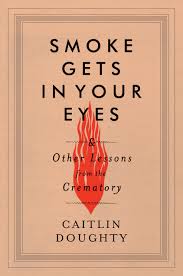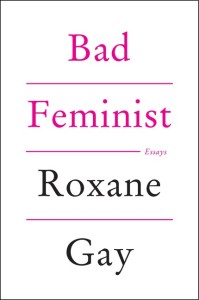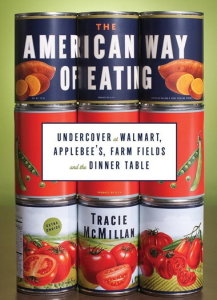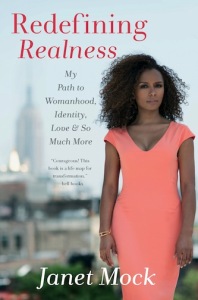Harassment
– “Under this system, WAM! escalates the reports they receive to Twitter, collecting detailed data about Twitter’s responses to those reports. Once the program is out of its pilot stage, WAM! promises sit down with Twitter in order to “improve their responses” to gendered harassment.” If Twitter Won’t Handle Its Massive Harassment Problem, These Women Will (via @SLAwrites)
– “Australians were outraged after discovering Blanc, a so-called “date coach”, was holding seminars to teach men how to “pick up” women using physical force and emotional abuse.” US ‘pick-up artist’ Julien Blanc forced to leave Australia after visa cancelled (h/t @JShahryar)
Criminal Justice
– ‘The investigation by the Medill Innocence Project, she said, “involved a series of alarming tactics that were not only coercive and absolutely unacceptable by law enforcement standards, they were potentially in violation of Mr. Simon’s constitutionally protected rights.”‘ Duped by Medill Innocence Project, Milwaukee man now free (h/t @sarahjeong)
Sexism
– “There had to have been at least one young lady in that room who had been the victim of sexual assault who had not reported it,” Rev. James Thomas, whose son is a junior at Lincoln, told the Inquirer, “and there was nothing that was said by the president that would have given any comfort.” College president: Women lie about rape when sex doesn’t “turn out the way they wanted” (via @Slate)
– “At issue is whether pregnant workers should be afforded the same type of legal protections as disabled workers who would be allowed special accommodations that would allow them to do their jobs.” Democrats denied a proxy vote to a pregnant congresswoman. Here’s the issue. (h/t @scATX)
Trans Rights
– “According to medical experts on this issue, the assumption that a transgender girl or woman competing on a women’s team would have a competitive advantage outside the range of performance and competitive advantage or disadvantage that already exists among female athletes is not supported by evidence.” Heroes, Martyrs and Myths: The Battle for the Rights of Transgender Athletes (via @ParkerMolloy)
Health Care
– “On Jan. 1 this year, I started on the Obamacare insurance. I now pay just $126 a month for insurance; a federal government subsidy covers the rest. If we had to cover the full cost of our health care, we would have just $574 left each month for all of our other expenses, including food and medicines. Without Obamacare, I would have died. I’m scared the Supreme Court is going to gut the part that saved me. (via @drgrist)
– “Correspondents say all the women came from very poor families. Those who survived are receiving treatment in three different hospitals in the district.” Indian botched sterilisations kill nine women in Chhattisgarh (h/t @ClinicEscort)
Policing
– ‘The document says Brown’s killing and force used by police officers during protests that followed the killing “represent violations of the Convention against Torture and Other Cruel, Inhuman or Degrading Treatment or Punishment.”‘ Michael Brown’s parents address U.N.: ‘We need the world to know’ (h/t @roqchams)
– “This increase sounds notable, but the underlying data continues to be nearly useless. As we outlined in the wake of Michael Brown’s death in August, the FBI’s UCR program undercounts what it classifies as justifiable police homicides (while skirting the issue of non-justifiable homicides), and should not be considered a useful estimate.” Reminder: The FBI’s ‘Police Homicide’ Count Is Wrong (via @FiveThirtyEight)
Parenting
– “In America, today’s parents have inherited expectations they can no longer afford.The vigilant standards of the helicopter parents from the baby boomer generation have become defined as mainstream practice, but they require money that the average household earning $53,891 per year— and struggling to survive in an economy in its seventh year of illusory “recovery”— does not have.” How baby boomers ruined parenting forever (via @SarahKendzior)
Racism
– “It could be that the head of the police union wants me to stop working to raise the standards of police culture and accountability. It could be that he objects to the community policing and relationship-building measures that I am acting on, and attempted to use this non-story to discredit this work. I share the public’s speculation that this is the real option.” #pointergate (via @MayorHodges)




